China’s Taiwan gamble risks a mother cluster catastrophe that will change history
The worst-case scenario is not that Beijing invades Taiwan and the US doesn’t intervene — it’s that the US does intervene and is defeated.
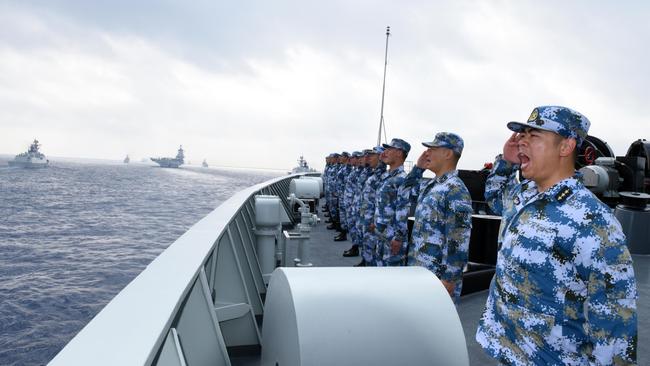
It’s rather that Beijing invades Taiwan, the US intervenes militarily, and is then defeated.
That is a mother cluster catastrophe of the type that changes history forever.
It’s the kind of development that marks the end of one era and the beginning of another.
In case you haven’t noticed, a number of the most senior Americans have canvassed the possibility of war. The most notable was the outgoing US Indo-Pacific commander, Admiral Philip Davidson, who in solemn, sworn testimony to the US Senate said there was a good chance China would invade Taiwan within six years.
Too much talk about war is itself damaging. But Australians deserve to be aware that the most consequential figures, in the US and in China, are calculating a profoundly changed strategic landscape which is intensely chall-enging to the US and Australia.
This week I explored these issues at length with one of the best-informed Americans.
Oriana Skylar Mastro is a research academic at Stanford University and a Non-Resident Fellow at the American Enterprise Institute. She is also an air force reservist who works as a strategic planner for the US Indo-Pacific Command, focusing on China. In a substantial Pentagon career she held a series of China-focused positions.
She publishes widely in the best journals and has close connections with Joe Biden’s foreign policy team. In this interview she is expressing personal views and is not speaking on behalf of any institution, least of all the US government or military.
First, are all the warnings about a potential Chinese invasion of Taiwan realistic?
“Absolutely. Anyone who says otherwise doesn’t pay a lot of attention to developments in the Chinese military or debates within China.”
She explains the radical change in Chinese strategic thinking and intent on Taiwan: “For a very long time the primary goal of China was to preserve the status quo, to prevent the (formal) independence of Taiwan. So if Taiwan didn’t declare independence we wouldn’t find ourselves at war.”
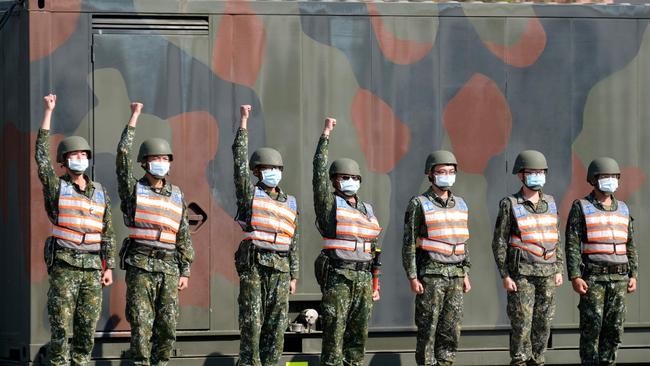
The situation now could not be more different from 1996, when the US sending two aircraft carrier battle groups to waters near Taiwan was enough to deter China.
“A lot has happened in 25 years. The Chinese military has engaged in a complete and comprehensive modernisation process so they can successfully engage in military operations to seize control of Taiwan even if the US intervenes. That makes it very tempting for them.
“Not only do you get Taiwan, you get to beat the US.
“People underestimate what a benefit that would be to (Chinese president) Xi Jinping.”
Could Beijing really prevail over the US in a confrontation over Taiwan?
Mastro outlines the key military options for Beijing, if it decides to take Taiwan by force. There are, she says, four main campaigns Beijing could wage: “There’s a joint missile campaign; a blockade; a counter-intervention campaign largely targeted at US bases and other assets to prevent US intervention on behalf of Taiwan; and then the amphibious landing.
“Most military experts agree that China can do the first three. There is more of a debate about the amphibious assault.”
Mastro is involved in extensive dialogues with Chinese strategic and military figures and reports that their military self confidence is growing. This is critical, she argues, because Chinese perceptions of their own likely success are the key factor in determining whether they act: “I would argue what’s most important is not what people like me think, it’s what the Chinese military thinks. They think they can do it.
“Exactly how they do it is very scenario dependent. One of the main ways in which the Chinese can prevail is if they do it quickly and the US doesn’t have enough time to respond. Most Chinese strategists think if you let the Americans wage war the way they are used to fighting wars (amassing huge forces and then overwhelming enemies) then you’re in trouble.
“So the gradual approach is problematic from the Chinese perspective because it gives the Americans time to respond, but it’s also potentially beneficial. If it achieves Chinese goals at a lower cost, that’s ideal for them.

“I think we’ll see an iterative game. Maybe this year the Chinese will push more military actions (short of outright conflict), to try to push Taiwan into (reunification) negotiations. They’ll also use economic coercion. They will use grey zone activities to try to prepare the battlespace and move the military closer to its objective.”
One thing Mastro has in mind is the constant incursions by Chinese aircraft into Taiwanese air space. This literally wears the small Taiwanese air force out, because it must always respond. It also establishes the Chinese military presence and makes it harder for the US, or Taiwan, to know if an attack is about to start or the Chinese are just going through their usual intimidation routines.
However, this sort of stuff has a limit, in Mastro’s view: “I don’t believe the people of Taiwan will give up their freedom without Chinese boots on the ground. I think the Chinese would have to do the amphibious landing to achieve unification.”
If Beijing decided to go all out using maximum force in the shortest time possible, how long would it take: “I’ve heard Chinese sources put it at 100 hours. There was a Rand Corporation war game that put it at days. Other estimates put it at weeks, but a very low number of weeks.”
The logical sequence would be a massive missile attack to destroy Taiwan’s defences and also its will to resist, followed by invasion: “It would be pretty quick. China has the quality and quantity of missiles that allows them to saturate (Taiwan’s) defences. They have very advanced aircraft. They’ve been wearing down the Taiwanese air force.
“People ask me is China’s air force better than the US Air Force? Absolutely not. The US can shoot down 10 Chinese aircraft before we lose one of our own. But the problem is they have 10 times more aircraft. Numbers do matter.
“People never argue that China can’t do it, they just argue that Taiwan can make it very costly for China. My position is, in the end, if they get Taiwan they just don’t care.”
But there are things that Taiwan, and others, can do that make it harder for Beijing to succeed and therefore less likely that they would try. One obvious suggestion, not from Mastro, is Taiwanese deployment of large numbers of smart sea mines.
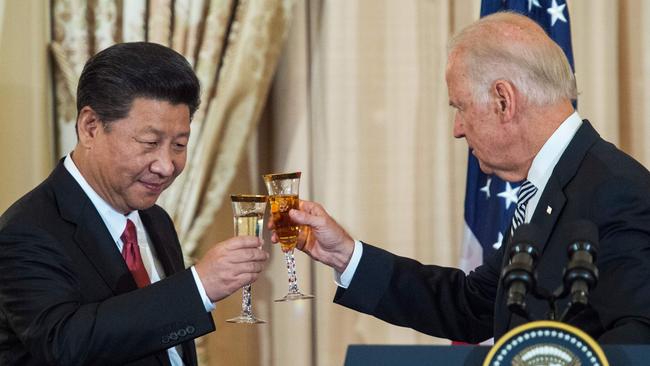
Says Mastro: “The main thing that will determine whether China will do this is their confidence of success. Anything you can do to shake that confidence, that would be a way to go. If there are just so many mines that they can’t manoeuvre their ships, that has an effect.
“I don’t think anyone really assumes that Taiwan can defend itself, but maybe they can hold out long enough to allow the US to come to their aid.”
Mastro has been critical of Biden for choosing Lloyd Austin, an army general whose overwhelming experience is land conflict in the Middle East, to be his Defence Secretary at a time when the challenge is overwhelmingly maritime involving China in the Indo-Pacific. But at the same time, she is full of praise for the tough, determined statements the Biden administration has made regarding China, Taiwan and Asian security, and its stress on revitalising US alliances.
However, in my view one of her most disturbing judgments is that Biden might ultimately be bluffing.
Let me be clear. Mastro did not herself use the word bluff. But she answered in the affirmative when asked if the Biden administration was possibly bluffing. She went on to say that for any president the decision to commit the lives of American men and women to combat and death was extremely grave and could not be taken for granted.
The American people can be “very fickle”, she said, about what they regard as worth fighting for.
Not only that, the gradual approach would give Beijing lots of off ramps, so if it thought a US response was too likely or too difficult it could always declare victory and temporarily pull back. If it moved at lightning speed and took Taiwan, then the US would effectively have to concede Beijing’s victory, or mount impossibly costly military operations in order to dislodge it from Taiwan.
And this could be a situation in which the Chinese have not needed to fire directly on Americans.
But even if the Chinese do attack US forces in Asia, is that actually the same, politically and psychologically, as attacking the US itself?
“I think the US tries to argue that attacking Guam is the same as attacking Los Angeles, but it’s not necessarily so. For the sake of our deterrence we argue that, but there are different levels of threat to the American homeland.
“However, if China attacks the US at any level, this guarantees US involvement in this war. In terms of escalation, though, such a Chinese attack doesn’t necessarily bring in other nations. I’m no Japan expert but even the Chinese attacking US bases in Japan doesn’t necessarily mean Japan, under its constitution, can join in combat alongside the US.
“People think the US would be fighting alongside all its allies. That’s not necessarily the case.”
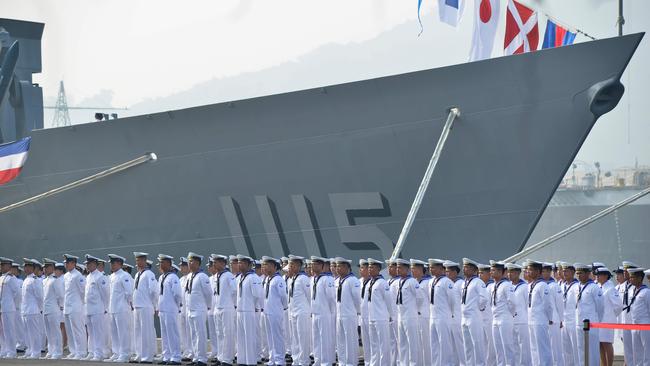
So what would the region look like the day after Beijing consolidates control of Taiwan.
“That’s the end of US leadership in Asia,” Mastro declares starkly.
That is a sober judgment, and for Australia it ought to be, in its way, terrifying.
But Mastro’s logic is flawless. If the US does not intervene on behalf of Taiwan, other nations would gravely doubt whether it would intervene for them. If it intervenes and fails, other nations would gravely doubt whether it could intervene for them in a crisis.
How would China behave in such circumstances? Beijing has had a core strategy of convincing nations that Taiwan is a unique case for them, that their aggression regarding Taiwan is not indicative of China’s character as a nation generally.
This may not be so. Mastro lays it out: “The US military presence has deterred China from aggressive actions for decades. Chinese writings themselves make this very clear.
“The China we’re dealing with today is a well-behaved China. How do you think China behaves if it’s completely undeterred?”
Mastro is not suggesting Beijing’s victory is inevitable or the US and its allies should pre-emptively concede. Rather, the US and its allies are not engaging the problem directly enough. For example, if you were building a US military presence in the region from scratch to answer the Chinese military threat, you would not begin by stationing most US military forces in Japan and South Korea where they are liable to a devastating first strike from China.
You might try, for example, to station US missiles in Vietnam. That might seem impossible right now, but has the US really explored this kind of thinking?
Similarly, US alliances are designed to prevent countries being invaded. These days, the threat is much more of economic coercion. The US and its allies have not systematically addressed this.
Similarly, Mastro thinks Australian military co-operation with the US is vitally important but it won’t be decisive. However, Australian diplomatic support for greater Taiwanese participation in international organisations, and allowing Taiwan greater representation in Canberra, would be very important.
This would counter the Chinese idea that ultimately the world would not make it pay an unacceptable long-term price for invading Taiwan, as it didn’t really pay any long-term price for the Tiananmen massacre.
Mastro is a charming person, but she says a lot of things that are intensely discomfiting. Australian policy makers would do well to pay serious attention.


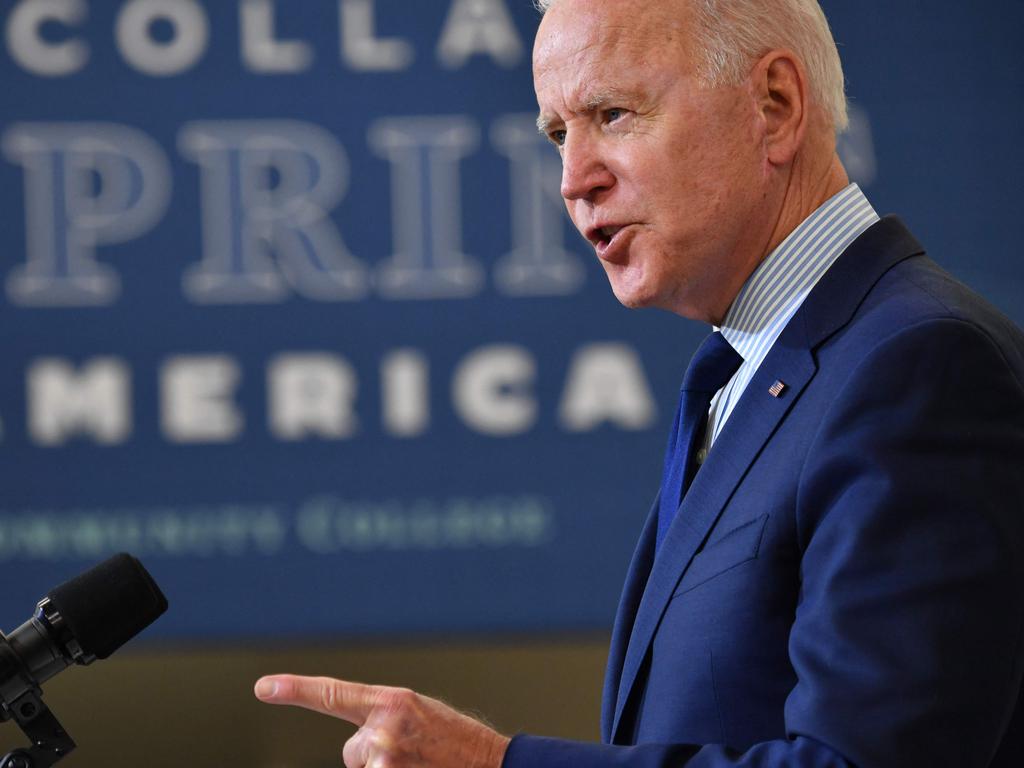
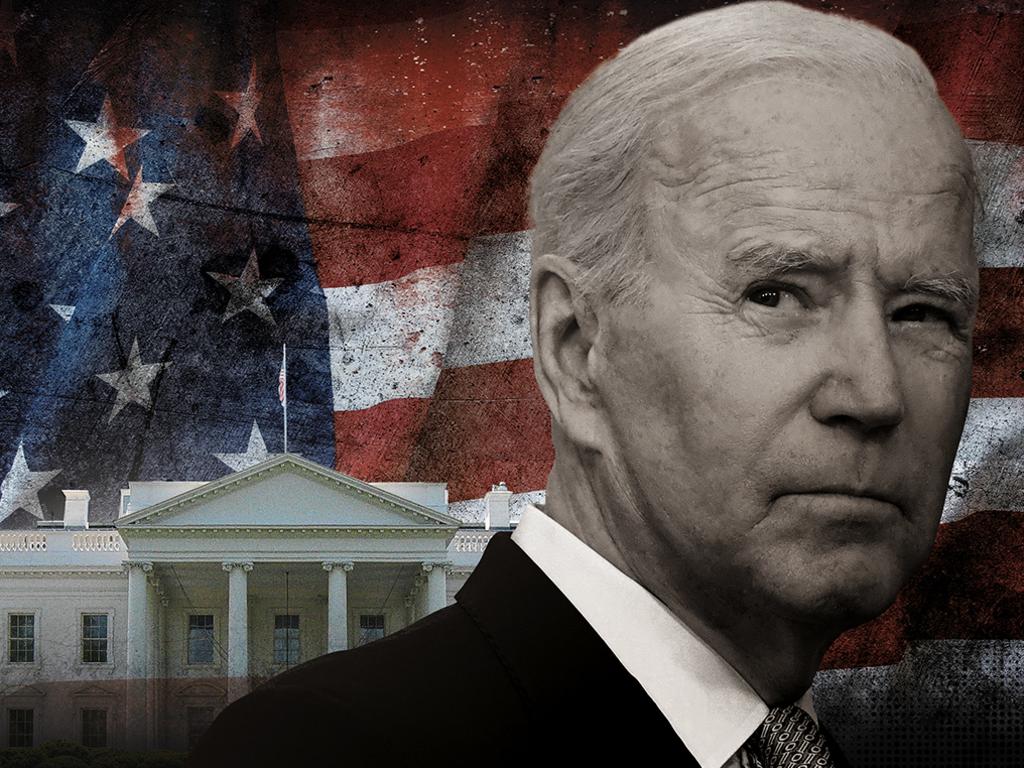
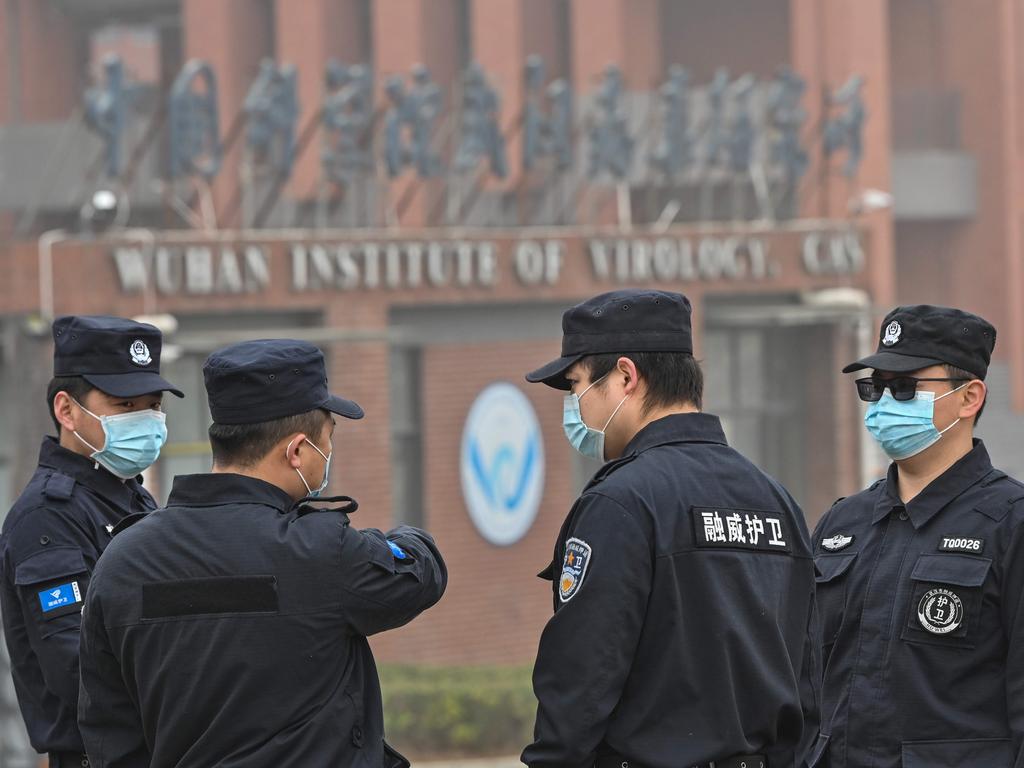
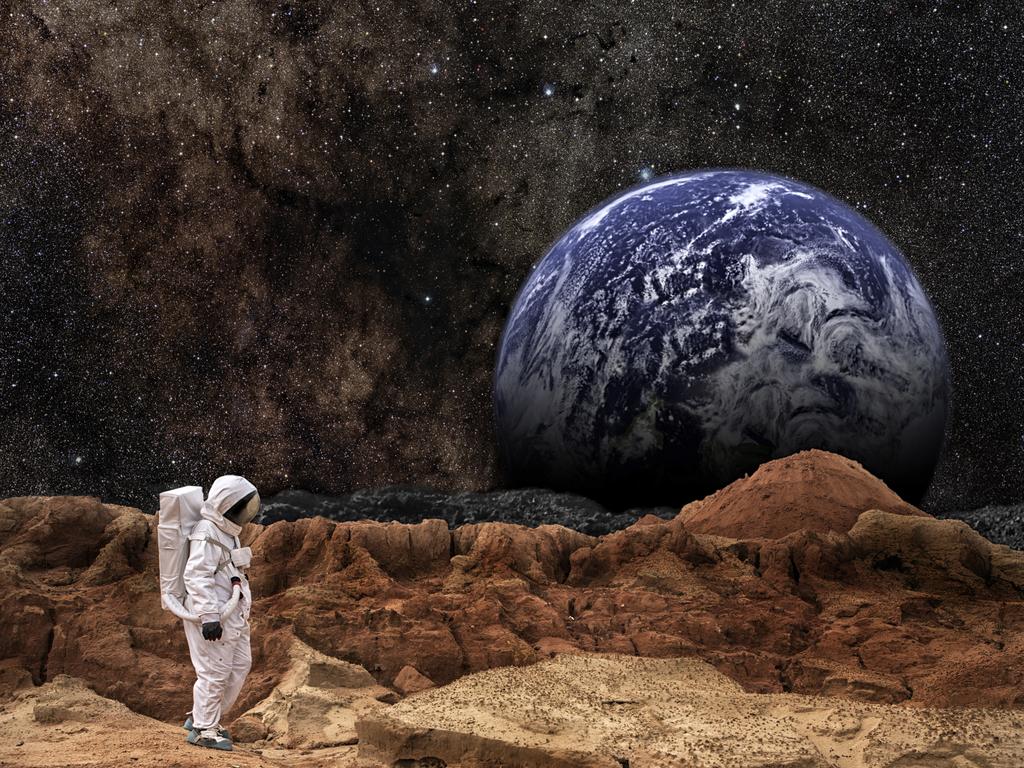
The worst-case scenario in Taiwan runs like this. It’s not that Beijing invades Taiwan and the US doesn’t intervene, Taiwan’s democracy is sacrificed and Beijing is massively emboldened militarily and geo-strategically.